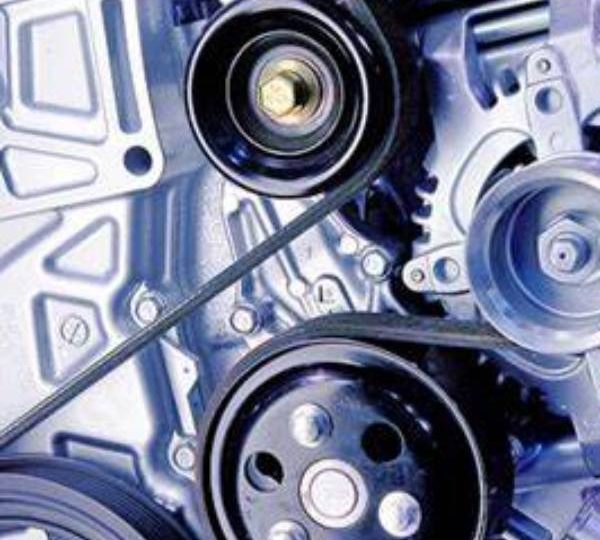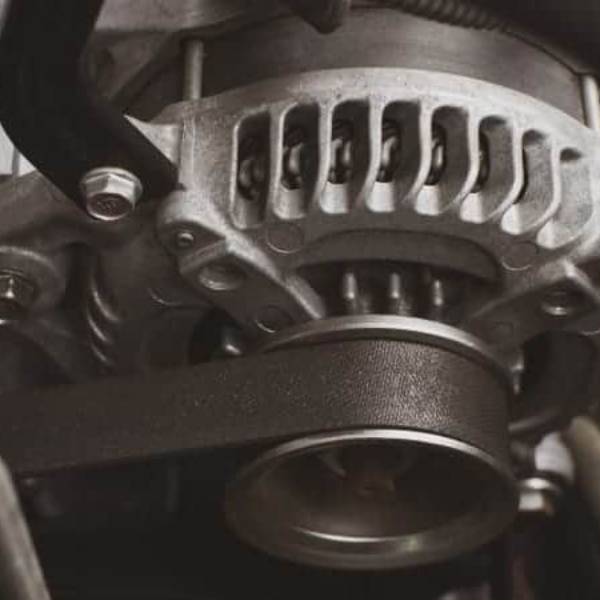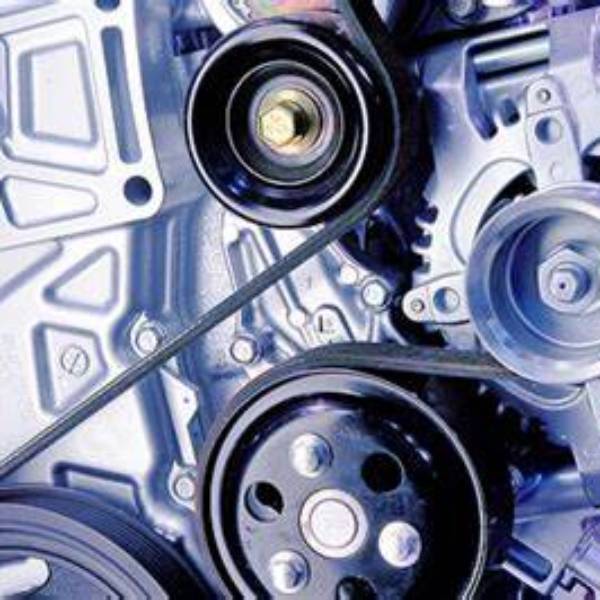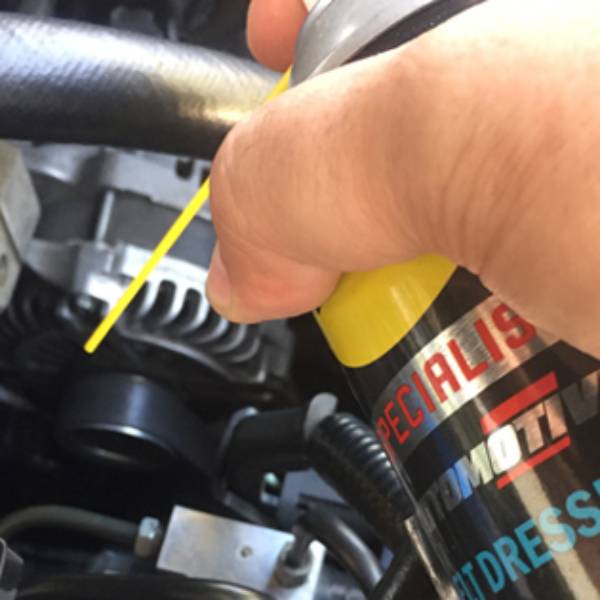
Fan Belt Squealing: Causes, Consequences, and Cures
Understanding Fan Belt Squealing
Identifying and Addressing Fan Belt Squealing
Fan belt squealing is a prevalent issue in many vehicles. This noise typically arises when the fan belt rubs against its pulleys, indicating friction. If left unattended, a failing fan belt can escalate into more significant engine problems. Early recognition of these symptoms is crucial for preventing costly repairs. By addressing the issue promptly, you can save both time and money on potential engine-related fixes.

The Importance of Early Detection and Maintenance
The early detection of fan belt squealing is essential for maintaining your car’s overall health. A worn or damaged belt can compromise the engine’s performance, leading to more extensive damage if not replaced in time. Regular inspections and timely belt replacements can prevent such complications. Investing in proactive maintenance not only preserves the engine’s longevity but also avoids the inconvenience and expense of major repairs down the line. Being vigilant about the signs of a malfunctioning fan belt is a wise practice for any vehicle owner.
Recognizing the Symptoms of Fan Belt Squealing
Recognizing the Signs of a Fan Belt Issue
A squealing noise from your vehicle often signals a problem, particularly with the fan belt. This sound typically emerges when you start your vehicle or step on the accelerator. As the engine’s speed increases, you may notice the intensity of the squeal also rises. Interestingly, the noise might subside once the car’s engine has warmed up. However, it’s crucial not to ignore these auditory cues, as they can foreshadow more severe engine complications if left unaddressed.
The Consequences of Ignoring Squealing Noises
Ignoring the squealing noises from your vehicle can be detrimental to your car’s engine health. These sounds are often the first indicators of a failing fan belt, which is a critical component in maintaining the engine’s proper function. If the belt is not replaced in time, it can lead to more extensive damage, including overheating and potential engine failure. Regular checks and prompt attention to these symptoms can prevent costly repairs and ensure the longevity of your vehicle’s engine. It’s always better to address the issue early rather than face the consequences of neglect.
Common Causes of Fan Belt Squealing
Identifying the Causes of Fan Belt Squealing
Fan belt squealing is a common issue that can arise from several factors. A primary cause is the wear and tear that belts experience over time. As belts age, they lose their flexibility and grip, leading to friction and the subsequent squealing noise. This natural degradation means that belts need regular inspection and replacement to maintain optimal performance.

The Impact of Misaligned Pulleys on Belts
Another factor that can cause fan belt squealing is misaligned pulleys. When pulleys are not properly aligned, they exert uneven pressure on the belt. This imbalance results in the belt slipping or vibrating, which in turn produces the characteristic squeaking sound. Addressing misalignment issues is crucial for restoring the belt’s proper function and eliminating the noise. Regular maintenance, including checking for belt wear and pulley alignment, is essential for preventing squealing and ensuring the smooth operation of your vehicle’s engine.
The Role of Weather Conditions in Fan Belt Squealing
Weather’s Impact on Fan Belt Performance
Weather conditions can significantly influence the performance of fan belts. In cold weather, the rubber in belts can harden, causing them to become stiff. This loss of flexibility makes it difficult for the belt to grip the pulleys effectively, which can result in squealing noises. The belt’s reduced ability to maintain contact with the pulleys under cold conditions can lead to inefficient operation and potential engine issues.
The Effects of Rain and Humidity on Belts
Conversely, rainy or humid conditions can also create challenges for fan belts. Moisture on the belt surface decreases its friction, leading to slippage against the pulleys. This slippage is another common cause of squealing. High humidity can exacerbate the issue, as it can cause the belt to retain moisture, further reducing its grip. To mitigate these weather-related effects, it’s important to monitor and maintain the condition of your fan belt, ensuring it remains in good working order regardless of the external environment.
Consequences of Ignoring Fan Belt Squealing
The Consequences of Ignoring Fan Belt Squealing
Ignoring the squealing of a fan belt can have severe consequences for your vehicle. A belt that is compromised may snap while you’re driving, leading to a sudden loss of critical functions. This break can cause the engine to overheat, potentially resulting in engine failure. The implications of such a failure are significant, as it can lead to costly repairs and downtime for your vehicle.

The Ripple Effect on Auxiliary Components
Moreover, a failing fan belt can affect other auxiliary components in your vehicle. These include the power steering, alternator, and water pump, all of which rely on the belt for operation. If the belt fails, these components can also fail, leading to a cascade of issues that can be both inconvenient and expensive to repair.
The ripple effect of a single failing part underscores the importance of addressing fan belt squealing promptly to prevent a domino effect of component failures. Regular maintenance and attention to the signs of wear and tear on your fan belt can save you from expensive repair bills and keep your vehicle running smoothly.
Addressing fan belt squealing promptly is akin to packing the right Travel Golf Bags; both require vigilance to prevent a ripple effect of issues that could disrupt performance and lead to unnecessary expenses. Regular maintenance ensures optimal performance, whether on the road or the golf course.
Preventing Fan Belt Squealing
The Importance of Proactive Maintenance
Prevention is more effective than cure when it comes to fan belt squealing. Regular maintenance plays a crucial role in avoiding this issue. It’s essential to include the fan belt in your routine vehicle checks. During these inspections, look for signs of wear such as cracks or fraying, which may indicate the belt’s deterioration. Early detection of such issues can help you address the problem before it escalates. Additionally, having a professional check the pulley alignment and tension can ensure that the fan belt operates efficiently and quietly.
Ensuring Optimal Performance Through Regular Checks
Regular inspections and professional assessments are key to maintaining the optimal performance of your fan belt and related components. By keeping an eye on the belt’s condition and the alignment and tension of the pulleys, you can prevent squealing and other performance issues.
Proper maintenance not only extends the life of your fan belt but also contributes to the overall reliability of your vehicle’s engine and auxiliary systems. Investing time and resources in regular checks can save you from costly repairs and provide peace of mind while driving.
Maintaining your fan belt properly, as with addressing Car Belt Squeaking, is crucial for your vehicle’s engine reliability, ensuring smooth operation and preventing expensive repairs down the road. Regular inspections can provide the peace of mind you need while driving.
Repair Options for Fan Belt Squealing
If you experience fan belt squealing, consider your repair options. First, tighten the fan belt. A loose belt can often cause the issue. If tightening doesn’t resolve the problem, replacement may be necessary. A new belt can alleviate any squealing noises. Consult a mechanic for proper guidance and assistance.
If you’re experiencing fan belt squealing, it might be time to consider a Timing Belt Replacement Near Me. A loose belt could be the culprit, and tightening it might resolve the issue. However, if the noise persists, replacement is likely necessary to prevent further damage. A new belt can stop the squealing and ensure your vehicle runs smoothly. For professional guidance and service, consult a mechanic to help with the replacement process. They can also inspect other related components that may need attention, such as the water pump or the serpentine belt, which are often replaced alongside the timing belt during service.
Conclusion: Addressing Fan Belt Squealing Promptly
In conclusion, fan belt squealing is an issue that should not be ignored. It serves as a vital indicator of potential problems. Understanding its causes and consequences can keep your vehicle running smoothly. Regular maintenance and inspections play a key role in prevention. Address the issue promptly to avoid costly repairs and ensure vehicle safety.